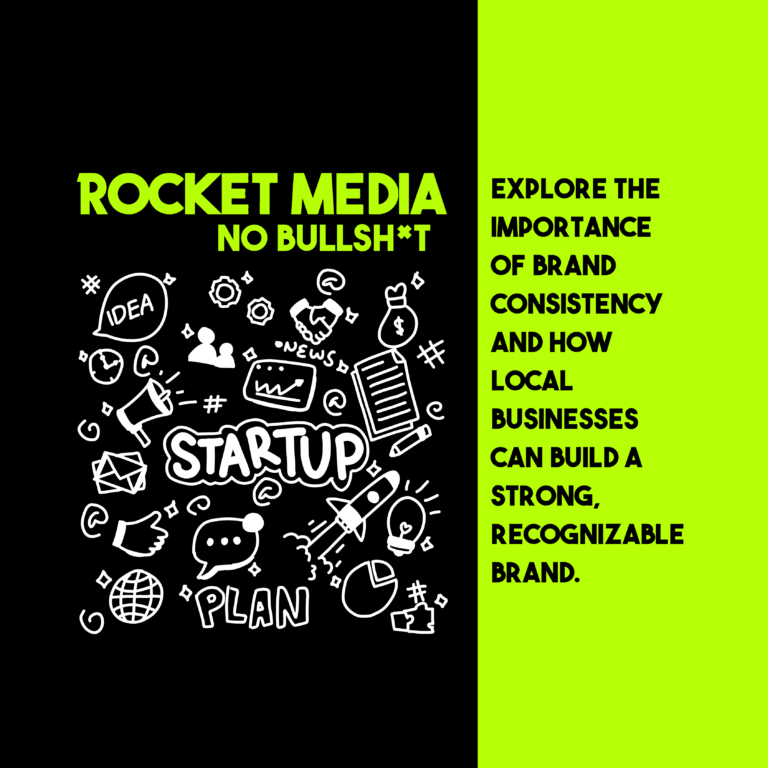Introduction
If you’re setting foot into the burgeoning world of online business, your choice of an E-commerce platform isn’t just a decision; it’s a pivotal moment that can spell the difference between success and failure. This platform is your virtual storefront, the technological foundation on which your online empire will be built. It affects everything from the initial customer impression, user experience, and SEO, to your store’s scalability and adaptability to market trends. Ultimately, the best e-commerce platform depends on the needs of you and your business. Wolfies Creative is more than happy to help you chose the best e-commerce platform that suites you and your business needs.
![]()
Why the choice of E-commerce platform matters
Think of your E-commerce platform as the neighborhood where you’re setting up your business. Just as you wouldn’t open a high-end jewelry store in a rundown alley, you wouldn’t want to choose a platform that doesn’t align with your business goals. The wrong platform can result in missed opportunities for customization, SEO, and scaling, leading to a lack of competitive edge. It can even cause inefficiencies that consume time and resources, impeding your business’s growth and profitability.
What to expect in this article
In the following sections, we’ll dissect the anatomy of E-commerce platforms. We’ll cover everything from the history of E-commerce and why it matters, to how to choose the right platform based on various key factors. We’ll also review some of the top platforms in detail, followed by a comparative analysis, so you can make an informed decision tailored to your needs.
What is E-commerce?
Brief history
E-commerce, once a fledgling concept in the late ’90s, has grown exponentially to become a cornerstone of the modern economy. Pioneers like Amazon and eBay were among the first to harness the power of the internet to connect buyers and sellers on a global scale. They started with books and collectibles, but it didn’t take long for almost every product and service under the sun to become available online.

Importance in the modern world
Today, E-commerce isn’t just an alternative to traditional retail; it’s a lifeline. In an unpredictable world where anything from weather events to global pandemics can shutter physical businesses, the ability to operate online provides a layer of resilience. Even without existential threats, the convenience offered by online shopping has made it a preferred choice for many consumers.
Factors to Consider When Choosing an E-commerce Platform
Budget
Budget considerations are about more than just the initial setup costs. Beyond that, you need to think about monthly or annual subscriptions, transaction fees, and any additional costs for plugins or extensions. Even what seems like a minor percentage in transaction fees can add up significantly over time, eating into your margins.
Scalability
You may start small, but your vision is likely bigger. That’s why scalability is essential. You need a platform that can adapt to an increasing volume of products, customers, and transactions without breaking a sweat. Consider not only the ability to scale but also the costs involved. Some platforms offer excellent scalability but can become increasingly expensive as you grow.

Features
While most platforms come with a standard set of features like inventory management and basic analytics, you should look for those that offer something extra. Do you need advanced SEO capabilities? What about multi-channel selling or dropshipping integration? Make a checklist of your must-have features and use it to evaluate your options.
Security
In today’s digital age, cybersecurity is a major concern. A single breach can compromise customer data, leading to a loss of trust and potentially hefty legal penalties. Choose a platform that complies with data protection regulations and employs robust encryption methods to safeguard transaction data.
Top 5 E-commerce Platforms
Shopify
A behemoth in the E-commerce landscape, Shopify is synonymous with ease of use and customer-friendly features. It has an intuitive dashboard, a plethora of themes and extensions, and built-in tools for everything from SEO to inventory management.
Pros
Shopify shines in its user-friendly interface, making it a go-to choice for entrepreneurs who may not have a technical background. Its range of features is incredibly comprehensive, covering everything a startup would need, from multiple payment gateways to international currency support.
Cons
Despite its strengths, Shopify does have its limitations. The platform imposes its own transaction fees unless you use Shopify Payments. Customization can also be a bit constrained unless you’re familiar with its proprietary coding language, Liquid.

WooCommerce
If you’re already running a WordPress website, WooCommerce could be your best bet. It’s not just a plugin; it’s a complete E-commerce platform that integrates seamlessly with WordPress.
Pros
The level of customization is practically limitless, and there are thousands of plugins available to extend its functionality. It’s also highly SEO-friendly, thanks to WordPress’s innate capabilities.
Cons
While WooCommerce offers high customizability, this flexibility comes at the cost of complexity. You might need some technical know-how to truly harness its potential. Moreover, while the plugin itself is free, many essential extensions are not.
Magento
Designed for enterprise-level businesses, Magento is a powerhouse of features and customizability, capable of handling large volumes of products and traffic.
Pros
Magento is incredibly flexible and offers a wide range of features right out of the box. From complex product variants to customer segmentation and beyond, it’s designed for stores that require a high level of customization and scalability.
Cons
Its complexity is both a strength and a weakness. Without a decent level of technical skill, the learning curve can be steep. Additionally, the cost of hosting and additional extensions can add up, making it an expensive choice in the long run.
![]()
BigCommerce
BigCommerce lives up to its name by offering a range of big features tailored for businesses that are geared for growth. It has a host of built-in features and allows for multi-channel selling across platforms like Facebook, eBay, and Amazon.
Pros
BigCommerce offers a significant range of built-in features, eliminating the need for additional apps or extensions. This makes it a cost-effective solution for businesses that need a lot of functionality right from the start.
Cons
While rich in features, BigCommerce comes with a price tag that may not be affordable for smaller businesses. The platform’s robustness may also be excessive for smaller operations, making it a bit of an overkill.
Wix eCommerce
Wix eCommerce is a solid choice for small to medium-sized businesses. Its drag-and-drop interface is perfect for those who prioritize ease of use.
Pros
Wix offers an easy-to-use platform that even beginners can navigate with ease. It’s also one of the more affordable options, making it accessible for startups or small businesses.
Cons
While great for smaller operations, Wix lacks some of the advanced features that larger businesses may find essential. It’s not the best for large product catalogs and may not offer the level of customization or scalability that a growing business would need.

Comparative Analysis
Pricing
While Shopify and Wix eCommerce offer straightforward, tiered pricing models, Magento can quickly become an expensive endeavor due to hosting costs and additional extensions. WooCommerce sits somewhere in between, with its free base software but potential costs for extra features.
Features
Magento and BigCommerce win in the feature department but come with their own set of complexities and higher price points. Shopify and WooCommerce offer a balanced set of features suitable for
most businesses, while Wix is ideal for those who are just starting out and don’t require a ton of advanced functionalities.
Ease of use
If ease of use is a top priority, Shopify and Wix eCommerce are your best bets. WooCommerce and Magento, while feature-rich, require a steeper learning curve and may necessitate some technical expertise.
Scalability
Magento is designed for scalability but at a cost. Shopify and BigCommerce also offer good scalability options, especially if you’re willing to upgrade to more advanced plans as you grow. WooCommerce is scalable but may require multiple extensions and additional hosting resources to manage larger operations.

Conclusion
The choice of an E-commerce platform is a critical decision that will significantly impact your online business. Whether you’re a startup looking for an easy-to-use platform with basic features or an established business needing advanced functionalities and scalability, there’s a solution out there for you. Take the time to evaluate each platform’s pros and cons, aligning them with your business goals, to make an informed decision that will set you on the path to online success.
By diving deep into these various aspects, we hope to provide you with a comprehensive guide that will serve as a valuable resource in your decision-making process. Your E-commerce platform is the backbone of your online business, so choose wisely.



